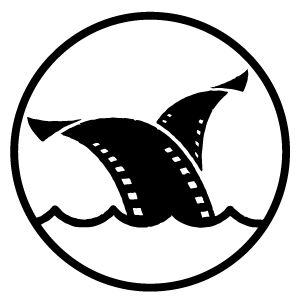An Interview with Men Go To Battle Director Zachary Treitz
/Writer/director Zachary Treitz and writer/actor Kate Lyn Sheil will be attending the festival for screenings of their fraternal Civil War drama, Men Go To Battle, both today and tomorrow. Read on for an interview with Treitz and be sure to check out the film.
NFF: What kind of research went in to creating the period setting? Do you feel like your film is entirely realistic to Civil War era Kentucky, or did you take any liberties in writing the script?
Zachary Treitz: We wanted to create the feeling of immersion, like we were dropped into an unfamiliar world. A large part of that meant being as specific as possible with the language, interactions, and physical environment, and the clearest path toward that was drawing upon first-person documents from the specific time and place we were capturing. So Kate and I spent our time in archives reading through unpublished diaries and letters written in 1860s Kentucky. Many of these probably had not been read since they were catalogued. We tried to use these sources to inform the tone and thought processes of the characters. We do not pretend to be historians, but we were probably much more literal and historically accurate than many period films just because we did not want to take liberties with the timeline or environment. We used the constraints and details we found in the research to bolster the narrative and create something we had not seen before. We were also working with people who take the history very seriously, and we didn't want them to cringe when they saw something anachronistic. But the idea was to create the illusion of a specific time and place. Whether its actually accurate is sort of beside the point for us.
NFF: You worked with professional re-enactors in creating some of your battle sequences. What was that like?
Treitz: Re-enactment for all of the people we worked with is a pastime. They call it the "hobby" and its one they enjoy like any other. The more you put into it, the more you get out of it. Working with them was a challenge of convincing them that we as outsiders could approach it as seriously and sincerely as they do, without being a distraction. We tried to be an asset, and even having one more soldier on the field with them (our character Henry) was appreciated because it turned out he was a good soldier. Calling it fun would belie how difficult those weekends could be, but it was in the end incredibly rewarding. It was our kind of fun.
NFF: Having undertaken an ambitious period piece for your first film, do you have the desire to do something much more contemporary for your next one?
Treitz: Yes. 1000 times yes.





